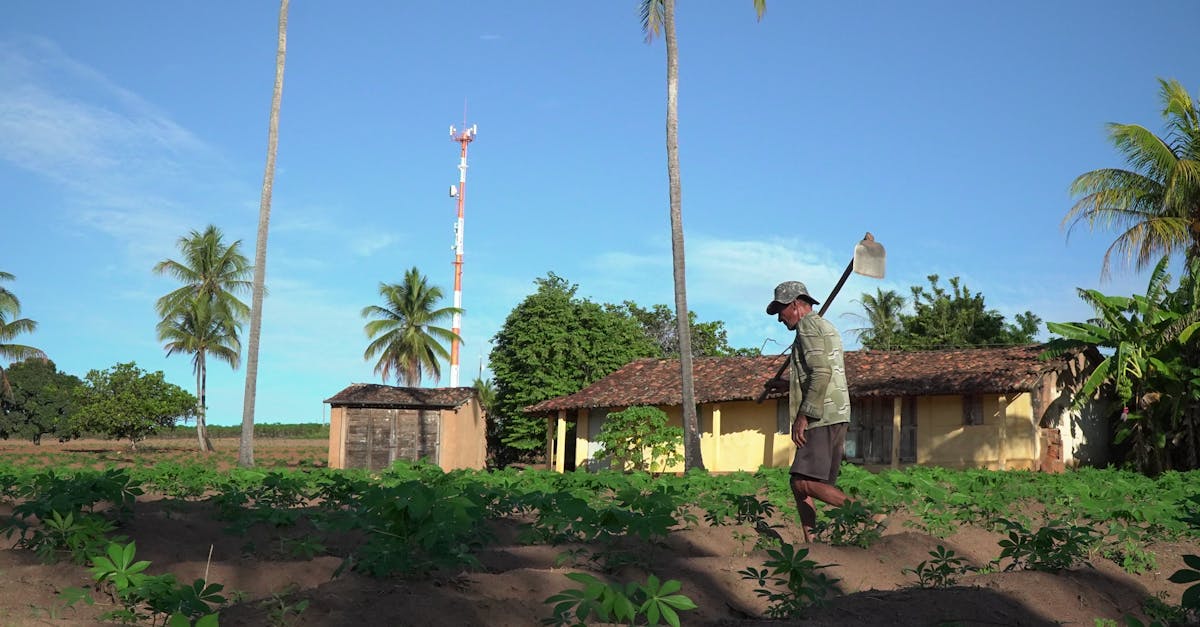On the slopes of Mauna Loa, Hawaii, Kona coffee, a product deeply rooted in Hawaiian culture, is facing new challenges. The industry, known for its unique product and traditional farming methods, is a significant contributor to the local economy. Kona coffee farms are often family-owned, emphasizing sustainability and community development, making it an important part of the region's identity.
The impact of Kona coffee extends beyond economics; it plays a significant role in fostering social cohesion and community engagement, as highlighted by Konacoffee.com. Coffee farmers collaborate with local organizations to support initiatives related to education, environmental conservation, and cultural preservation, further cementing its importance in the community.
The cultivation of Kona coffee is a labor-intensive process, from the time the small white flowers, also known as "Kona snow", bloom on the trees to picking the red fruit, referred to as "cherry", between August and January, as described by Wikipedia. This hand-picked process, coupled with the unique volcanic soil and climate, contributes to the coffee's prized status, making it a focal point for business interests and potential investment. Hawaii's entrepreneurs and investors should consider the potential risks and opportunities in this sector. This includes examining the industry's resilience to external threats and its ability to adapt to changing market conditions to ensure its continued success in Hawaii's business landscape.
For businesses looking to enter or expand within the Hawaiian coffee industry, understanding these complexities is crucial, ensuring long-term success and sustainability.



